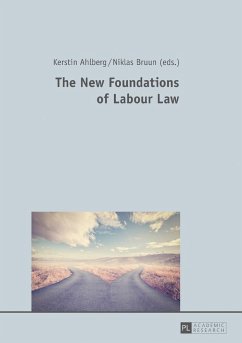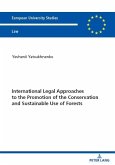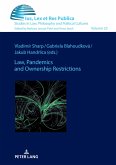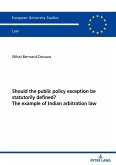This book explores the challenges of globalisation and digitalisation to labour law and social security under three headings. The first, «The changing foundations of labour law» focuses on the law itself. Here the authors discuss how a changing political setting influences the very foundations of contemporary labour law. The contributions in the second section, «Precarious work - the new normative model?», deal with the challenges that various new business models put to regulating working life and social welfare. The contributions in the final section, «New forms of labour mobility», treat the difficulties related to the protection of workers who move over borders between countries and continents. The book is a contribution to the ongoing debate on the future of labour law.
Bitte wählen Sie Ihr Anliegen aus.
Rechnungen
Retourenschein anfordern
Bestellstatus
Storno








